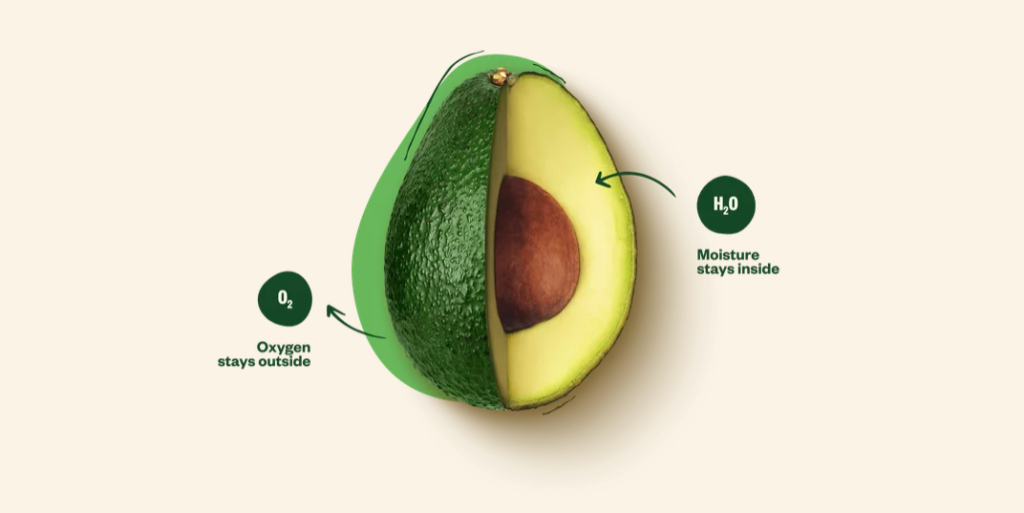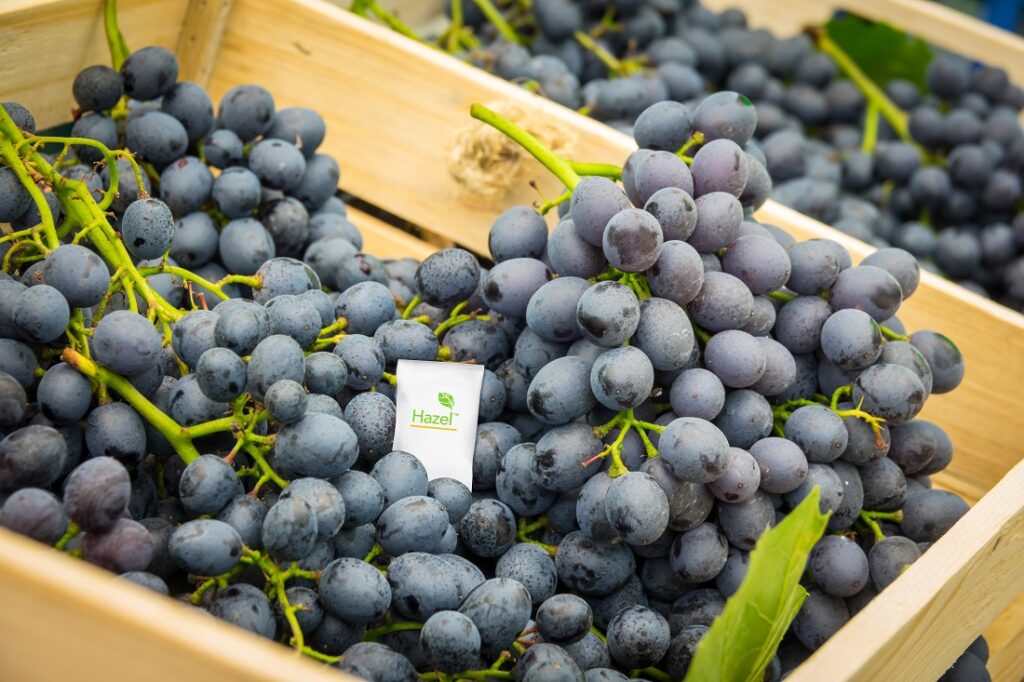What are some technologies to reduce food waste, a large and growing problem that occurs at every stage of production, distribution, and consumption? Many companies are developing innovative technologies, but here’s a list of four technologies to watch. If you’d like to nominate an emerging technology that you’ve developed, contact us. We’ll add it to this article and possibly invite you to participate in a video interview.
#1 Edible Coatings for Longer Shelf Life
Apeel is a cleverly named California company that’s created an edible, invisible coating that can extend the shelf life of fruits and vegetables by five times. Even better, this novel coating is made from wasted agricultural products like the leftover grape skins from wine production. Consumers aren’t the only ones who benefit. Farmers and supermarkets can also save money by extending the life of produce.

#2 New Life for Ugly Produce
Several companies are working to put ugly fruits and vegetables on plates instead of in landfills. Other than blotches and maybe a bit of blight, there’s nothing wrong with these edible items. Full Harvest is building a B2B marketplace where growers can connect with food companies. Buyers can save as much as 40%. Hungry Harvest and Imperfect Produce are taking a direct-to-consumer approach instead.
#3 Slower Ripening for Fruits
Hazel Technologies has developed a chemical called 1-MCP that tells fruit it’s not yet time to ripen. Farmers simply toss a small cloth bag with 1-MCP, a plant hormone, into a box of unripened fruit such as apples or bananas. Then, over a three-week period, this sachet releases a food-safe chemical that slows down the ripening process. Given that over 45% of the fruit that’s grown is wasted, the savings could be significant.

#4 Sensing Unspoiled Food
A graduate student at Southern Methodist University (SMU) in Dallas, Texas has developed a miniature pH sensor that can tell when food has spoiled. Like the wireless RFID tags that are used in college IDs, this flexible sensor is easy to install in the plastic wrap used with many food products. By supporting continuous pH monitoring from farm to table, it will be easier to determine when food is still edible in real-time.
